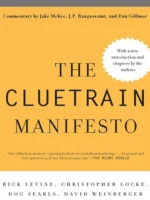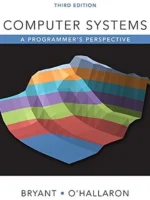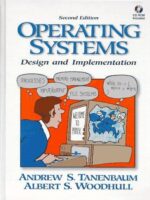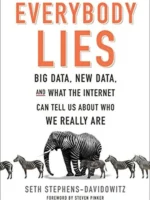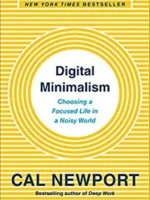Code: Version 2.0 Review
Code: Version 2.0 by Lawrence Lessig is the classic on how software architecture regulates behavior as surely as law does. “Code is law” becomes a framework for internet governance debates: what you build sets the rules users live under.
Overview
Lessig maps four regulators—law, norms, market, architecture—then shows how code choices (identity, anonymity, traceability, DRM) shift power between states, firms, and citizens. Version 2.0 updates for web platforms and IP battles.
Summary
Examples: cookies and tracking vs privacy; DRM vs fair use; platform design that forecloses or enables speech; jurisdiction via payment and DNS chokepoints. The prescription: democratic oversight of architecture, openness where possible, and careful IP balance that fosters creativity.
Authors
Lawrence Lessig writes as a legal scholar fluent in code and policy. The tone is analytic and accessible.
Key Themes
Architecture as regulator; trade-offs between control and freedom; interoperability and standards as public interest; governance through infrastructure.
Strengths and Weaknesses
Strengths: durable conceptual model and clear case analysis. Weaknesses: solutions can feel high-level amid rapid platform shifts. Use as lens to evaluate current designs.
Target Audience
Engineers, policy makers, platform designers, and advocates working at the law–tech boundary.
Favorite Ideas
Four modalities of regulation; build for least authority; openness as long-term policy hedge.
Takeaways
Design is governance. Make architecture choices explicit and accountable, and align code with democratic values, not just revenue.



